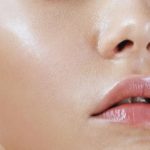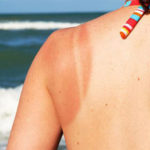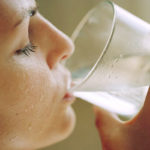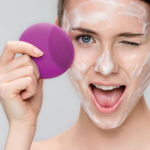Breaking the Pimple-Popping Habit: Why It Does More Harm Than Good
1. Popping Pimples Leads to More Breakouts
When you use your hands to touch your face and pop pimples, it stimulates more acne formation. The bacteria and dirt on your hands can spread to other pores, causing more pimples to form.
According to Allure, dermatologist Sejal Shah warns that bacteria, oil, and the contents of popped pimples can spread easily. So, it’s best to avoid the habit of popping pimples. While it may provide temporary relief, it will lead to more breakouts in the future.
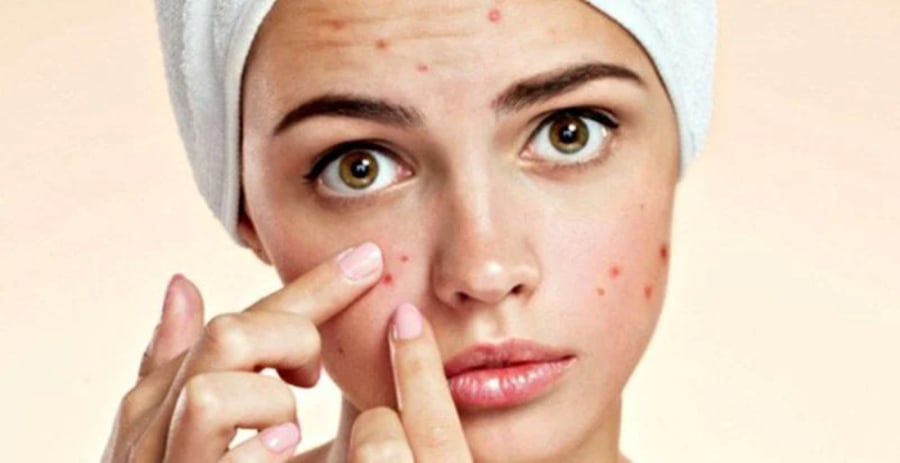
Popping pimples can lead to more breakouts. (Illustrative image)
2. Popping Pimples Increases the Risk of Skin Infections
There have been numerous cases of facial skin infections due to the habit of randomly popping pimples, especially with acne, pustules, and cystic acne. These types of pimples contain a lot of pus, which can easily lead to skin infections if not handled properly.
When you pop a pimple with your hands, you introduce countless bacteria from your fingertips directly into the wound. This can cause the spread of bacteria, dead skin cells, mucus, and pus to other areas of the skin, leading to infections, abscesses, and long-lasting pain and discomfort.
3. Popping Pimples Can Leave Scars
Pimples, especially when popped, often leave dark spots on the skin. If you use a sterilized pimple-popping tool, the scarring will be minimal. However, if you use your hands, the dark spots will be more pronounced.
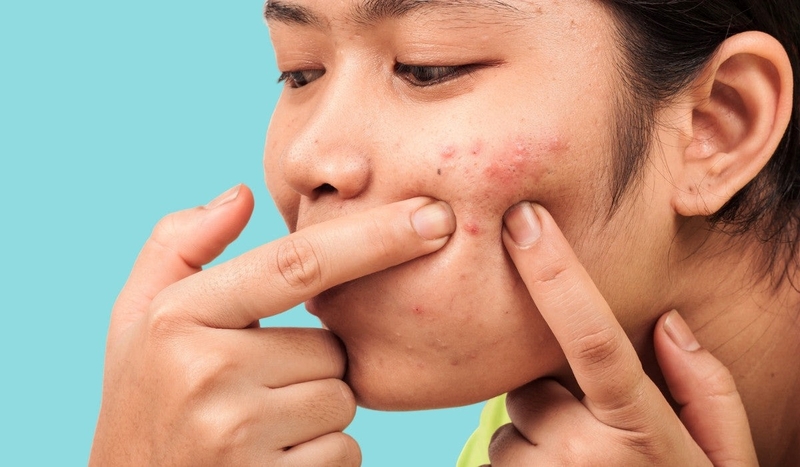
Popping pimples can leave scars. (Illustrative image)
This is known as post-inflammatory hyperpigmentation, where darker skin develops over a healed pimple. If you want to avoid unsightly scars, refrain from popping pimples.
What Should You Do Instead When You Have a Pimple?
- Maintain a healthy diet rich in green vegetables and fruits, ensuring adequate water intake. Pay attention to including zinc in your diet, as it contains unsaturated acids and vitamins that help boost your body’s defenses against acne formation.
- Take good care of your skin by keeping it clean, avoiding oily substances, and protecting it from pollution and sun damage. Regularly exfoliate to remove dead skin cells, and always use suitable skincare products for your skin type.
- Get enough sleep, as it contributes to healthy skin.
- Research and choose skincare products carefully, considering your skin’s unique needs.
























